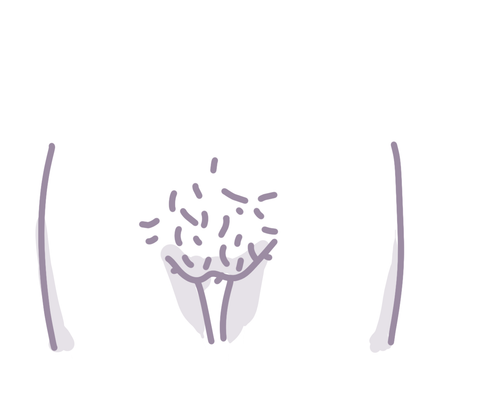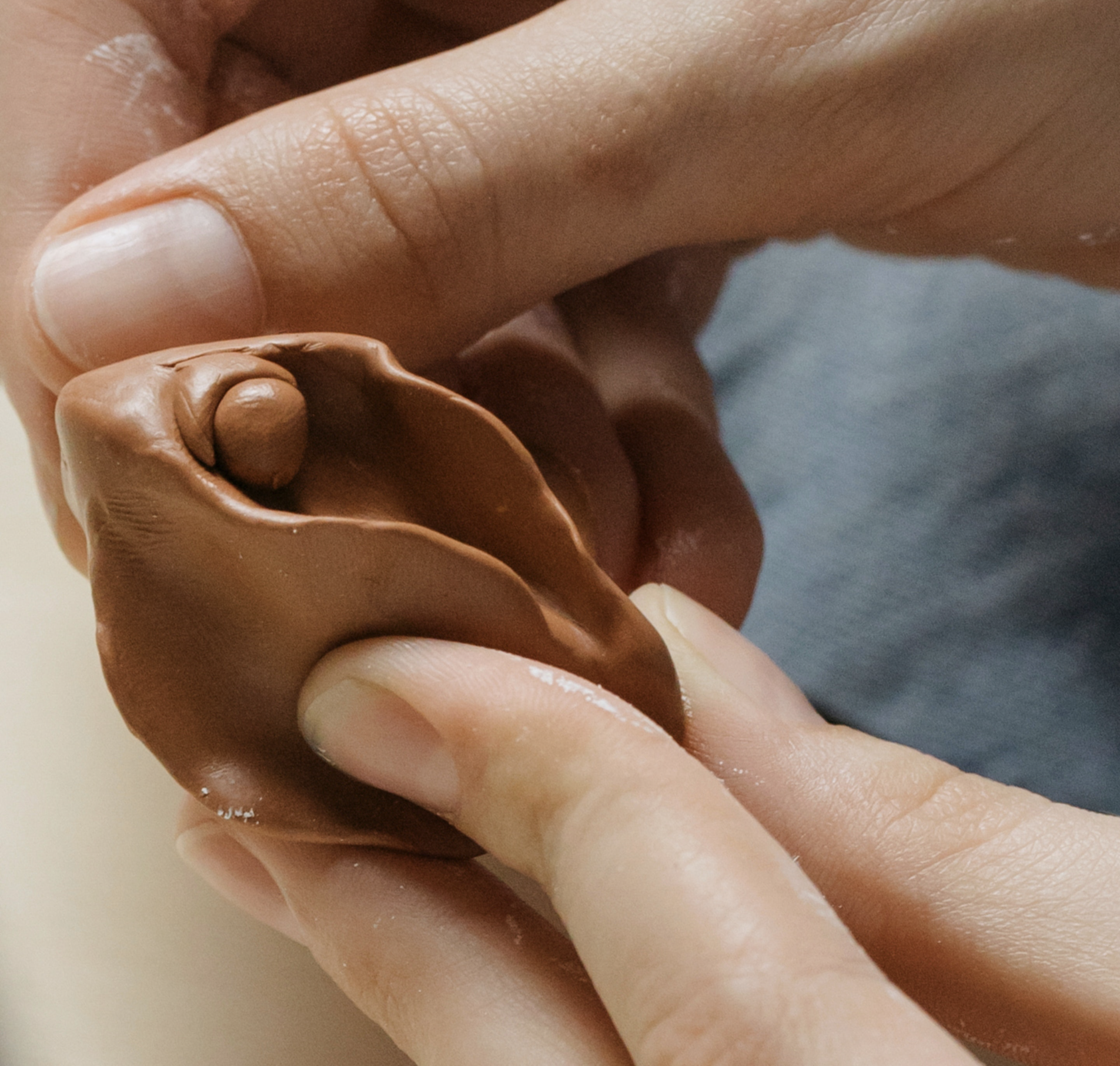Many people with vaginas have questions about their sex organ. "What is a normal vulva?" "Am I abnormal for having the labia minora extend past the labia majora?" "What about asymmetrical labia?" "Is vaginal odor normal?" "What about the color of my labia minora?" "What is the difference between the vulva and the vagina?" Today we answer all the questions you have about your intimacy. This article will help you learn more about the wonderful organs that are the vagina and the vulva.

First, the vagina is part of the female reproductive system. It is a duct that connects the uterus to the outside of the body. The length of this canal can vary from 6 to 12 centimeters. The external part, called the vulva, is composed of the clitoris, the pubis, the labia majora, the labia minora and the vulvar vestibule.Each person's vulva is unique. There is no ideal vulva. It varies in shape, color, size, hair, smell, and more.
Here are several interesting features of the vulva and vagina:
The Labia Majora
The labia majora corresponds to a part of the skin going from the pubis to the perineum. They are the two small bulges visible when we have closed legs. They are generally covered with hair. The labia majora helps protect the labia minora, the clitoris, the urethra and the entrance to the vagina. The size of these can vary. They can be thick and swollen or thin and a little loose. The labia majora can be separate or completely closed.
The Labia Minora
The inner labia minora can take many forms. They can be larger, smaller, more visible, more hidden, thicker, thinner, asymmetrical or symmetrical. It is common for the inner lips to extend beyond the labia majora.
The Clitoris

The clitoris is the only organ in the human body that has a unique pleasure function. This female sexual organ is the trigger of pleasure. It would even seem that some people experience more sexual desire during the menstruation period. People with a clitoris have their orgasm thanks to this little ball of nerves. The visible part is in fact only the tip of the iceberg. More than 90% of the clitoris extends into the vagina. Not all clitoral tassels (visible part) are uniform. Some may have a larger or smaller cap.
Did you know that it was only in 1998 that the exact anatomy of the clitoris was discovered? This scientific discovery allows us today to reconstruct the clitoris after excisions.
Each vagina is unique and varies according to several factors:
Color
It is common for both sets of labia to be darker than your skin. The color of the labia can vary and is not related to the color of the body. They can be pink, purplish, reddish, brown or black. The colors of the vulva are as diverse and unique as humans themselves: each one is unique and perfect in its own way.
The Hair
Most people with a vulva develop hair during puberty because of the rise in testosterone levels. Pubic hair has a bacterial regulation function. You can have thick or thin hair, lots of hair or little hair. You can have hair on only one part of the vulva or on the whole vulva.
The Smell
All vaginas have a different smell. It depends on what you eat and your hormones. It is normal to have a slight smell. The smell will be stronger during your period or after physical effort. Be careful: sometimes an unusual strong smell can be a symptom of a vaginal infection or fungus!
Types of Vulvas
Each vulva is different and there is no precise "type of vulva". These illustrations are intended to show the diversity of sizes, shapes and colors.





There is no "normal" vulva, each vulva is unique and each one is different. There is no ideal vulva and this is what makes it perfect. The color, shape, labia majora, labia minora, clitoris, hair and smell vary from person to person. The vulva and vagina are organs of the female anatomy that need to be cared for. Look at it, love it and cherish it.
________________________________________________________________________




